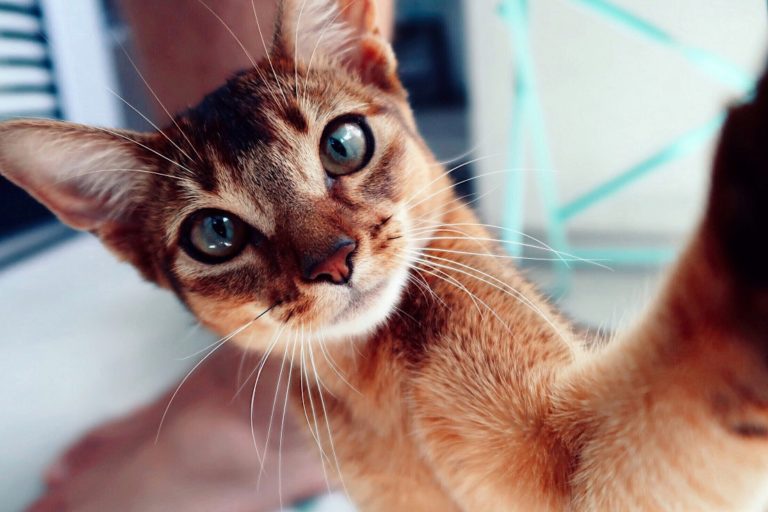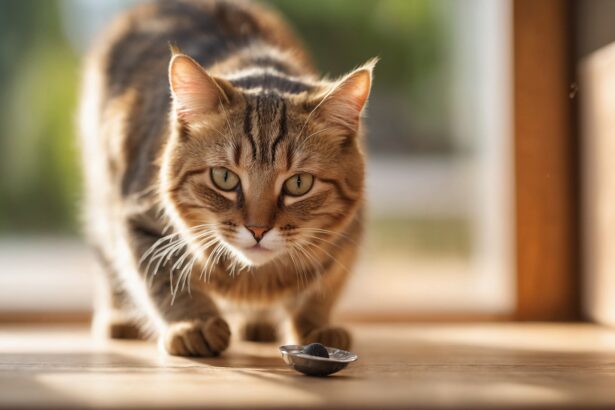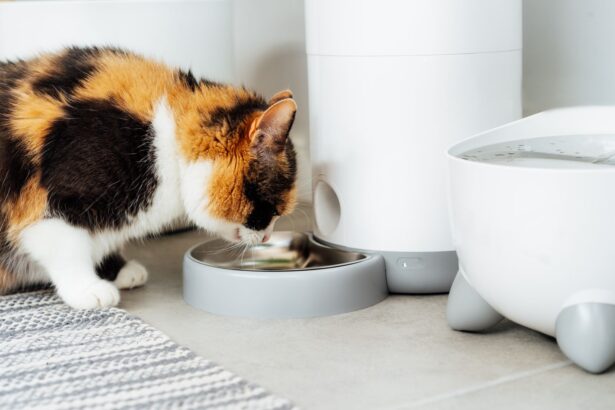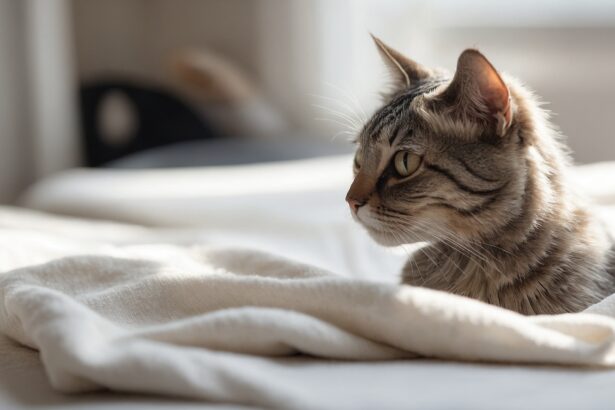You’ve seen it: your cat curled up like a tiny croissant, eyes half-closed, purring into the afternoon. But how many hours do cats really sleep—and when should you worry? Let’s tuck into the cozy truth.
How many hours does a cat sleep per day?
Most healthy adult cats log about 12–16 hours of sleep in a 24-hour period. That sounds like a lot, but for a small predator built to sprint, it’s totally normal.
Kittens and seniors often snooze more—up to 20 hours. Growing bodies and aging joints both need extra recovery. Daily sleep also fluctuates with health, temperament, noise at home, weather, and how much your cat plays.
Catnaps vs real sleep
Your cat alternates between light dozing and short bursts of deep sleep. Roughly 70% of their downtime is drowsy, ears-on-guard rest; the remaining 30% is deeper, more restorative sleep. That’s why they can wake, stretch, and be ready to pounce in seconds.
Curious about the deeper “why” behind all that shut-eye? Take a peek at why cats sleep so much.
Why does my cat sleep so much?
Cats are naturally crepuscular—most active at dawn and dusk. They conserve energy between those windows, even when life is apartment-soft and food arrives in a bowl.
Fun fact: cats dream. During REM sleep, whiskers twitch, paws paddle and ears flick. That little foot-race you see? It’s likely a dream chase in full swing.
Some cats snooze more when bored or stressed. Offer playtime, scratch posts and window perches to keep their day balanced and their nights calmer.
Habits for truly restorative sleep
Pro tip: build a “sleep circuit.” Set up three beds: a high perch by a window for daytime sun, a quiet nest in a low-traffic room, and a warm spot near a radiator for winter. Rotate cozy blankets by season so the texture and temperature are just right.
- Play a 10–15 minute “hunt” session at dusk—feather wand, rolling ball, or a short obstacle course. A good chase leads to a good nap.
- Keep litter and food bowls far from beds. Clean spaces = deeper rest.
- Offer gentle wind-down cues: dim lights, soft voice, and a small treat puzzle to end on success.
Common mistake to avoid: moving the favorite bed every few days. Cats cling to stable scents and locations. Frequent changes can trigger restless pacing and night zoomies.
If your feline gets extra chatty after dark, these insights help: why cats meow at night.
And if your kitty regularly dozes on your chest (the warmest pillow in the house), here’s what that cuddle means: why cats sleep on us.
When should I worry?
Sleeping 16–18 hours can be normal. Call your vet if you notice:
- sudden, extreme lethargy or refusal to play;
- loss of appetite, excessive thirst, or changes in weight;
- noisy breathing, coughing, fever, or signs of pain;
- unusual hiding, irritability, or litter-box accidents;
- a new sleep pattern that persists for 24–48 hours.
A safe home supports better sleep too. Do a quick plant check with this guide: which plants are dangerous for cats.
FAQ
How many hours does a cat sleep on average?
Most adult cats sleep 12–16 hours per day. Kittens and seniors can reach 18–20 hours, especially during growth spurts, recovery, or low-activity days.
My cat sleeps 20 hours—should I be worried?
Not always. If it’s their usual rhythm and they eat, drink, and play normally, it may be fine. If the change is recent or paired with other symptoms, consult your vet.
How can I help my indoor cat sleep better at night?
Schedule play at dusk, keep a consistent routine, place beds away from litter and food, and offer high perches plus quiet nests to match their mood.
Do cats dream? What does REM sleep look like?
Yes. In REM sleep you might see whisker twitches, ear flicks, and gentle paw movements—often the sign of a dream chase.









